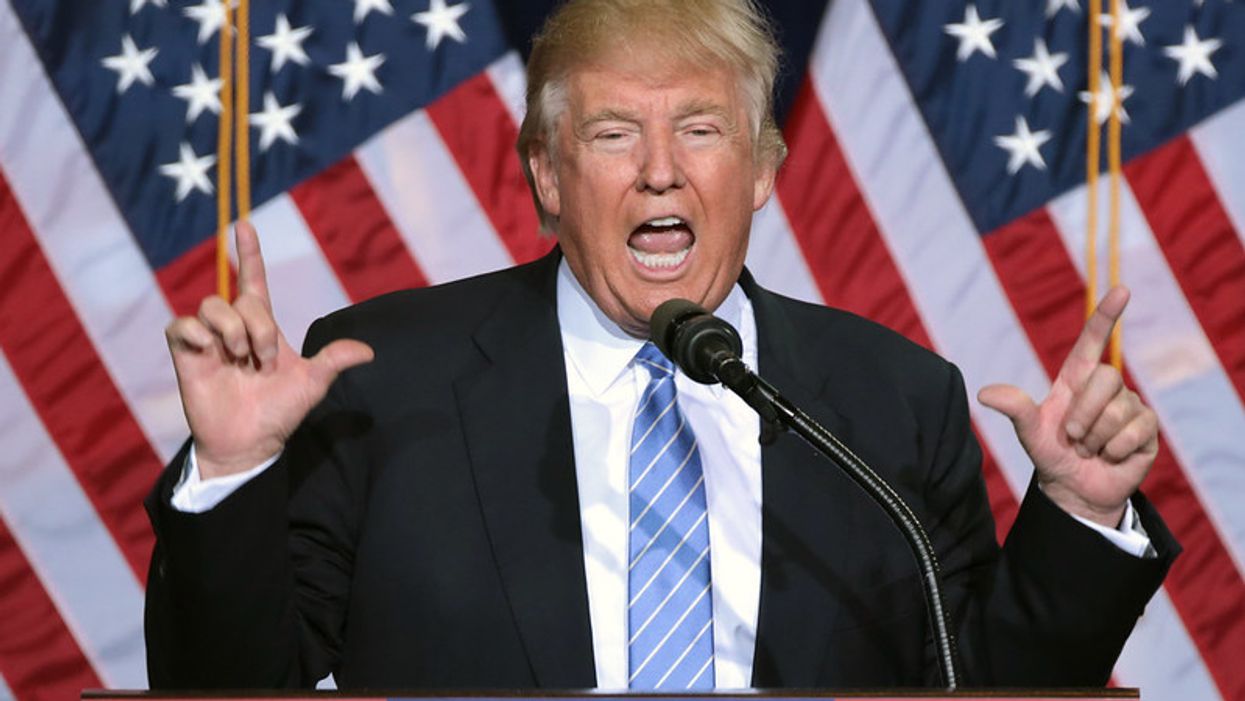MIT Report Exposes Trump Campaign App As Deceptive ’Surveillance’ Tool
Reprinted with permission from Alternet
About 800,000 people have downloaded the Trump 2020 campaign's app. According to a study by the prestigious Massachusetts Institute of Technology, better known as MIT, users are handing over a massive amount of personal information – and an astonishing amount of access – to the Trump campaign.
MIT, which investigated both the Trump campaign app and the Biden campaign app, says the Trump campaign app is a "voter surveillance tool" with "extraordinary power."
The Biden campaign app also collects data but far less than the Trump campaign app.
"Data collection," MIT Technology Review reports, "is perhaps the most powerful thing the Trump 2020 app does. On signing up, users are required to provide a phone number for a verification code, as well as their full name, email address, and zip code. They are also highly encouraged to share the app with their existing contacts. This is part of a campaign strategy for reaching the 40 to 50 million citizens expected to vote for Trump's reelection: to put it bluntly, the campaign says it intends to collect every single one of these voters' cell-phone numbers. This strategy means the app also makes extensive permission requests, asking for access to location data, phone identity, and control over the handset's Bluetooth function."
That's not all.
The Trump 2020 re-election app is "often actively deceiving readers with highly questionable or entirely disproven information under headlines such as 'Media Continue to Spread Debunked Theory About Tear Gas,' 'Media Mask-Shamers Keep Getting Caught Breaking Their Own Rules,' or 'Top 8 Moments from Joe Biden's Embarrassingly Disastrous, Epically Boring Livestream.'"
Security researchers "found it had left information exposed that could allow hackers to access the user data," MIT reports.
And there are more concerning revelations from MIT.
The Trump campaign app uses software from a company, Phunware, that "has come under major scrutiny recently for accepting millions of dollars in federal loans intended to help small businesses cope with the coronavirus."
"Phunware's invasive tactics for gathering data and reaching voters have drawn comparisons to Cambridge Analytica," MIT adds.
Last week Trump campaign manager Brad Parscale bragged he has a secret weapon that would help them communicate with 100 million Americans.












